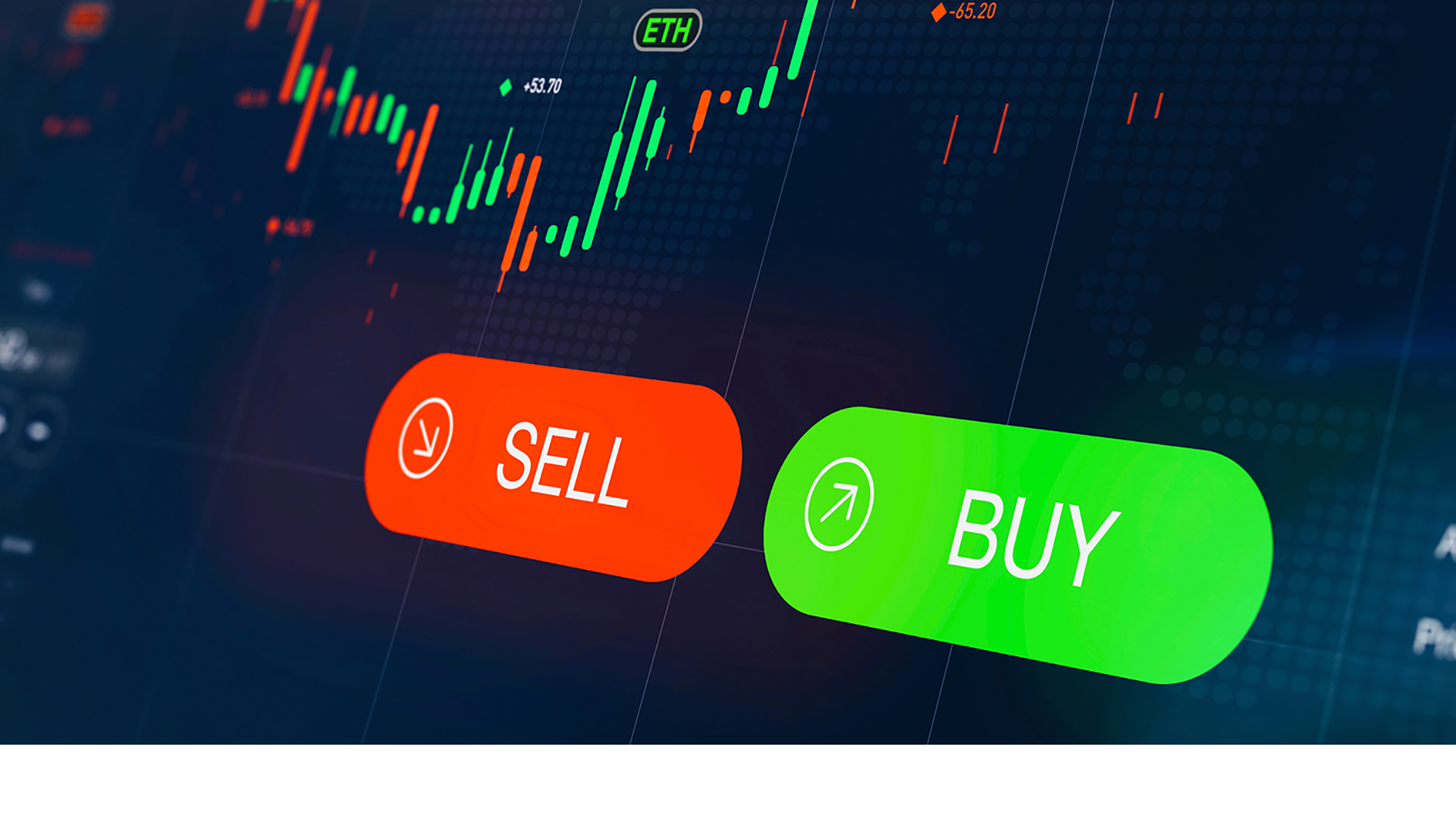The Second Circuit recently determined that the criminal securities fraud provisions that were enacted as part of the Sarbanes-Oxley Act of 2002 (Sarbanes-Oxley) have less onerous requirements for proving insider trading than under the general antifraud provisions of the Securities Exchange Act of 1934 (Exchange Act), specifically Section 10(b) of the Exchange Act. Section 10(b) has been the traditional way for prosecutors to charge insider trading. Pursuant to Supreme Court rulings, an insider must breach a duty of confidentiality and receive a "personal benefit" in order to have engaged in the illegal tipping of material, non-public information to others. Similarly, in order to prosecute the recipient of a tip for insider trading, prosecutors had been required to prove that the tippee knew that the source of the information had breached his or her duties by disclosing the information. In a 2-1 opinion issued on December 30, 2019, the Second Circuit upheld the convictions of several defendants for, among other things, violating the Sarbanes-Oxley securities fraud provision by engaging in insider trading despite the jury's acquittal on the Section 10(b) charges because of the lack of proof that the tipper received a personal benefit. United States v. Blasczczak, No. 18-2825 (2d Cir. Dec. 30, 2019).
The Sarbanes-Oxley securities fraud provision prohibits involvement in a scheme to obtain money or property with an intent to defraud and with a nexus to a security. Prosecutors charged the defendants with misappropriating material nonpublic information from the Centers for Medicare & Medicaid Services (CMS) when Defendant Worrall, a CMS employee, allegedly tipped inside information to Defendant Blaszczak, a political intelligence consultant, who, in turn, tipped the information to Defendants Huber and Olan with the hedge fund Deerfield Management Company, LP. Deerfield realized almost US$4 million trading on this information. We previously covered Deerfield's 2017 settlement related to this activity with the US Securities and Exchange Commission (SEC).
In appealing their insider trading conviction under the Sarbanes-Oxley general securities fraud statute, the Defendants argued that the district court erred in not instructing the jury that the personal-benefit test applied, as it did to the Section 10(b) charges for which they were acquitted. The Second Circuit disagreed, stating that although the statutes have similar language, the purposes of the statutes are different. The Second Circuit noted that one of the Exchange Act's purposes is to protect the free flow of information into the securities markets, and went on to explain that courts created the personal benefit test for the limited purpose of eliminating the use of inside information for a personal advantage.
The Second Circuit then noted that the Sarbanes-Oxley securities fraud provisions are not so limited and instead are to be viewed through the broader "embezzlement theory" of fraud. In that context, the proscribed fraudulent activity is in the misappropriation of property entrusted to one's care by another. In other words, the crime is in the very use of the misappropriated information, regardless of whether that use generates profit or personal benefit for the tipper. Here, it was the unauthorized release of the confidential CMS information that defrauded CMS, not the profit generated from that unauthorized release. Interestingly, the Second Circuit further noted that the Sarbanes-Oxley securities fraud statute was enacted to avoid the technical legal requirements of the Exchange Act's antifraud provisions and to provide prosecutors with a broader means of addressing securities fraud. Accordingly, the Court declined to extend the personal-benefit test beyond Section 10(b) of the Exchange Act.
This ruling seems poised to change the landscape of insider trading prosecutions, since what constitutes a personal benefit is an often contested element of an insider trading charge. As the Sarbanes-Oxley general securities fraud provision is not enforceable by the SEC, this ruling creates a situation where the threshold for criminal prosecutions for insider trading could be less onerous than in SEC investigations, which are confined to the Exchange Act. This ruling also comes soon after the US House of Representatives passed H.R. 2534, the Insider Trading Prohibition Act, which if enacted could change the definition of what constitutes "insider trading" and further erode the "personal benefit" requirement. Indeed, it appears that insider trading will be a topic to watch closely in 2020.





